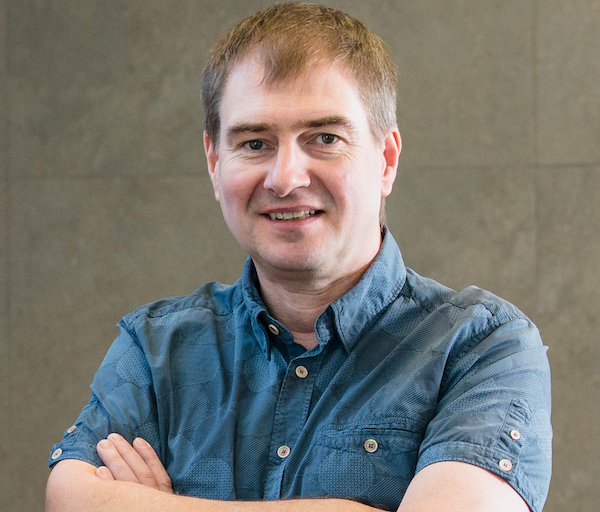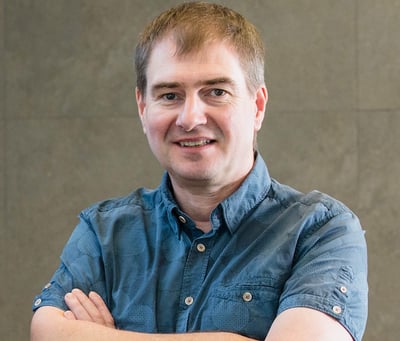Queensland wastewater sampling research partnership receives two-year extension

A partnership between Queensland Health and The University of Queensland’s world-leading Queensland Alliance for Environmental Health Sciences (QAEHS) is being extended for another two years, bolstering research into nationwide wastewater sampling.
The two-year agreement will support research and education activities conducted by QAEHS, including the current SARS-CoV-2 wastewater surveillance program.
Alliance Director Professor Kevin Thomas said Queensland Health has supported UQ’s research into environmental health for quite some time, but that the extension of the partnership will support more water research and leverage the programs already underway.
“Our research addresses local, national and global environmental health science challenges, with previous investigations including wastewater testing as an early warning system for COVID-19, exposure to PFAS chemicals and the level of drugs found in sewers,” he said.
“This has come to the fore over the last 18 months, with wastewater being used as sentinel for SARS-CoV-2. Together with CSIRO, we published one of the first studies in Australia and the world on a proof of concept to show that we can detect fragments of the virus in wastewater.
“Since then we have gone on to further refine the technique, which is now a routine program in Queensland.”
Thomas said QAEHS have also looked at other ways of using the technology on a smaller scale, including aeroplanes and cruise ships as a point of entry into the country or state, and developing early warning systems in these scenarios.
“This work has been built on the back of over a decade's worth of work. We started using wastewater to estimate drug usage in the population. We expanded that to enable markers for health in relation to allergens in the environment,” he said.
“We have also correlated the bio-markers, or signals, we get from wastewater and have done some modelling, which shows us that wastewater is quite a good predictor in terms of what is happening in the community.”
Expanding the research focus
Thomas said the partnership is an avenue to provide expert opinion, advice and training to those on the frontline, underscoring the relevance of University of Queensland’s research.
“Queensland Health is a stakeholder and end-user in the technology that we develop and the data that we generate. They inform us of the needs they have, which in turn directs our program of research to ensure it is of value to society as a whole,” he said.
“Our research is very applied. The partnership gets the dialogue going to make sure that our research is meeting the needs of our key stakeholders and the community.”
Thomas said the SARS-CoV-2 program will carry on for as long as necessary, but QAEHS is now in the process of selecting other areas of focus.
“We have a number of projects that have been facilitated through this partnership. We are currently in the process of selecting which projects we are going to take forward into the next phase for external funding,” he said.
“Together, we will continue to simultaneously achieve first-class outcomes in research, training and partnership engagement.”
The extension of the agreement between QAEHS and Queensland Health will continue until mid-2023.


